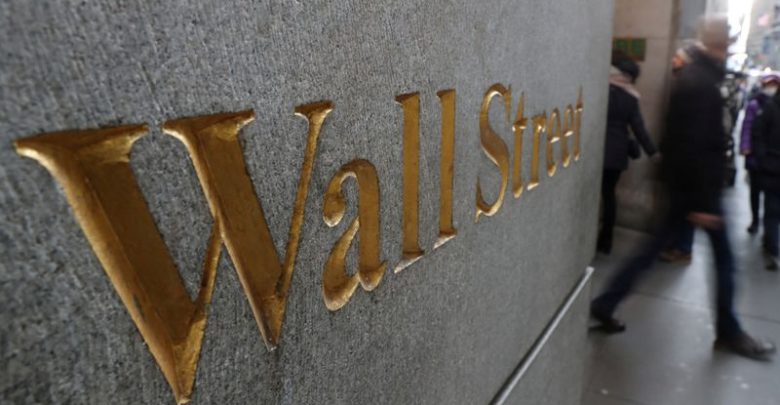Wall Street coronavirus contingency plans

(Reuters) – As the coronavirus spreads in the financial hub of New York, financial firms – led by the Securities Industry and Financial Markets Association (SIFMA)– have triggered their contingency plans and are taking other precautions. As of Sunday, here is the state of play:
BACKUP OPERATIONS
Firms began last week to test and roll out aspects of their business continuity plans in a bid to mitigate the risk of the illness laying low staff or stopping them from commuting into the city. Those measures include asking staff to work from home, splitting up teams and moving some teams to alternative sites.
Last week, JPMorgan Chase (NYSE:) & Co was the first bank to activate contingency plans and split its U.S. sales and trading staff between New York and secondary sites in New Jersey. Morgan Stanley (NYSE:) is also shifting part of its New York-based sales and trading staff to its sites near Westchester County, New York, as well as having some teams work from home starting on Monday, Reuters reported last week.
According to SIFMA’s website, banks are also testing workers’ home telecoms, internet and virtual private network capacity and other systems necessary to support remote activities, including interfaces with stock exchanges. Banks are also assessing the preparedness of their third-party partners like technology vendors, said SIFMA.
TRAVEL RESTRICTIONS
Many banks including JPMorgan, Citigroup Inc (NYSE:) and Morgan Stanley have imposed a range of travel restrictions. Those include canceling or banning travel to coronavirus hot spots, restricting non-essential overseas travel and limiting the size of internal and external meetings.
Some banks require individuals to work remotely for 14 days following their return from affected regions, and are also asking visitors to disclose if they traveled recently to coronavirus hot spots. Last month, for example, signs at Goldman Sachs Group (NYSE:) Inc’s New York headquarters asked guests who traveled recently to China, or had close contact with someone who did, to reschedule their meetings. [L2N2AT017]
HEALTH AND HYGIENE
Financial institutions are also urging employees and visitors to follow basic precautions against viruses, as suggested by the World Health Organization.
They include frequently washing hands, social distancing such as canceling events and moving desks farther apart, covering coughs and sneezes, avoiding touching the eyes, nose and mouth and refraining from shaking hands when greeting people. Employees are also encouraged to stay home if they feel ill.




